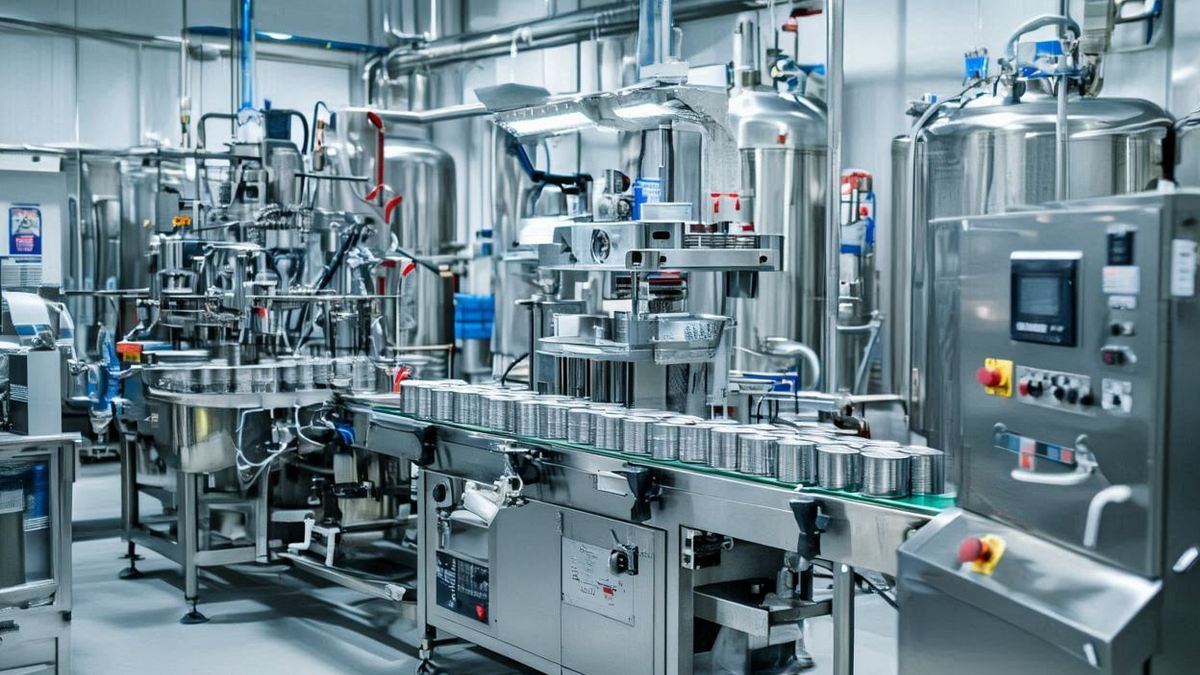How Advances in Recycling Technology Impact Global Plastic Prices and Supply Chains
With plastic pollution becoming a central environmental concern, technological progress in recycling has emerged as a significant factor in shaping global plastic prices and the configuration of supply chains. In 2025, the evolution of chemical, mechanical, and digital recycling methods, alongside regulatory and market shifts, now interact in complex ways to influence the entire plastic value chain.
Published: Aug 08, 2025
Advances in Recycling Technology
New Technologies:
- Chemical recycling:
Technologies like pyrolysis and depolymerization allow plastics to be broken down into monomers or fuels, processing mixed and contaminated waste that mechanical recycling cannot. Companies like BASF, ExxonMobil, and Carbios are scaling production using these technologies, recovering higher-quality resin and expanding the circular plastic economy.
- Solvent dissolution:
This process separates specific polymers from waste streams while maintaining material quality, enabling reuse in high-grade manufacturing applications..
- Digital traceability:
- These platforms track recycled content and origins, enhancing supply chain transparency, trust, and robust ESG (Environmental, Social, Governance) reporting.
Impact on Global Plastic Prices
Advances in recycling technology affect global plastic prices through several mechanisms:
- Cost Reduction and Volatility:
As technology enables more efficient and larger-scale recycling, the production cost for recycled plastics can decrease, potentially narrowing the price gap between recycled and virgin plastics. However, recycled plastic prices still often exceed those of virgin resins, especially when crude oil prices are low, leading to reduced demand for recycled products.
- Resource Substitution:
More effective recycling reduces reliance on virgin resins, which may stabilize or even soften virgin plastic prices, especially during demand slumps or when inventory levels are high. However, supply chain overcapacity and weak downstream demand have recently put downward pressure on both virgin and recycled resin prices, keeping the market soft as we approach 2026.
- Market Dynamics:
As major brands revise their sustainability targets downward due to the high costs of recycled resins, short-term demand for recycled plastics may slow. Despite this, the long-term outlook for recycled polymers remains positive, with growth expected as both regulatory frameworks and consumer preferences evolve.
Impact on Global Supply Chains
- Geographical Shifts:
Recycling technologies enable more localized processing of plastic waste. Developed nations, including those in the EU, are importing cleaner plastic scrap in line with Basel Convention regulations. This shift supports local recycling industries, reduces the environmental impact of raw plastic extraction, and helps decrease transport emissions.
- Circular Models and Material Flow:
Advanced recycling supports closed-loop systems, where plastic waste is converted back into high-grade resin for new products. This reduces reliance on linear, extractive supply chains and aligns with emerging regulations and climate goals, prompting investments in traceable, circular models.
- New Supply Chain Risks and Opportunities:
The transition to advanced recycling creates opportunities for companies specializing in sorting, processing, and certifying recycled plastics. However, it also introduces bottlenecks such as lack of standardization, limited high-purity waste streams, and the capital intensity required for scaling technology.
Environmental and Market Outlook
Advanced recycling solves many of the limitations of mechanical recycling, allowing a broader range of plastic waste to be reintegrated into the recycling loop. This reduces the volume of waste sent to landfills or incineration and decreases overall greenhouse gas emissions.
However, global recycling rates remain under 10%, highlighting the need for additional investment and regulatory support. Ongoing technological innovation and policy frameworks are essential to unlocking the full benefits of recycling, particularly in stabilizing prices and strengthening supply chains.
Conclusion
The integration of advanced recycling technologies is fundamentally reshaping global plastic markets and supply chains. While challenges related to cost, infrastructure, and regulation remain, sustained innovation and targeted policy efforts will help increase recycling rates, stabilize resin prices, and guide supply chains toward a more circular and resilient model. The decisions made today—by both industry and policymakers—will determine how plastics contribute to a more sustainable future.
Published by Aug 08, 2025
Source:
Linkedin
Circularise










.jpg)
.jpg)
.jpg)
